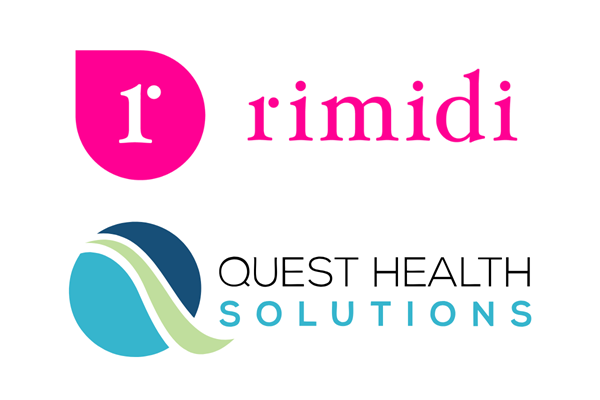
What You Should Know:
– Quest Health Solutions, a national leader in diabetes care, today announced compelling results from its Remote Patient Monitoring (RPM) program, developed in partnership with the digital health company Rimidi. In just two months, the Quest Health RPM Services—powered by Rimidi’s EHR-integrated platform—led to an 11% improvement in average blood glucose readings among participating patients.
– The collaboration highlights the power of combining direct-to-patient services with advanced technology to streamline clinical workflows and drive better health outcomes in chronic condition management.
Clinical Improvements in Early Results
The partnership has already demonstrated significant clinical impact. In an early cohort of patients using connected Blood Glucose Monitors, the program achieved measurable improvements in glycemic control:
- Overall average glucose levels dropped by 11%, from 176 mg/dL to 157.5 mg/dL.
- Morning glucose readings (between 5 a.m. and 9 a.m.) saw an even more significant drop of 16%, from 176 mg/dL to 147.9 mg/dL.
- These improvements translated to an estimated A1C reduction of approximately 1% for morning readings and 0.7% for overall daily readings.
A key factor in the program’s success is the seamless integration of Rimidi’s platform into Quest’s athenahealth EHR system. This allows clinical staff to efficiently monitor and manage patients using both cellular-enabled Blood Glucose Monitors and Continuous Glucose Monitors (CGMs). The platform enables risk stratification, customizable alerts, and robust documentation tools that support both clinical decision-making and billing, making the entire RPM process more efficient.
“Rimidi makes RPM effortless. Our team and partners love the quick access to charting, billing, and patient info — all in one user-friendly platform,” said Jim Klauder, RD, CDCES, LDN, Head of Patient Care at Quest Health RPM Services.
RPM Offering Expansion Plans
Quest Health plans to expand its RPM offerings to include support for patients using additional devices, such as blood pressure monitors and pulse oximeters, and to offer its RPM services to healthcare providers across the country.


